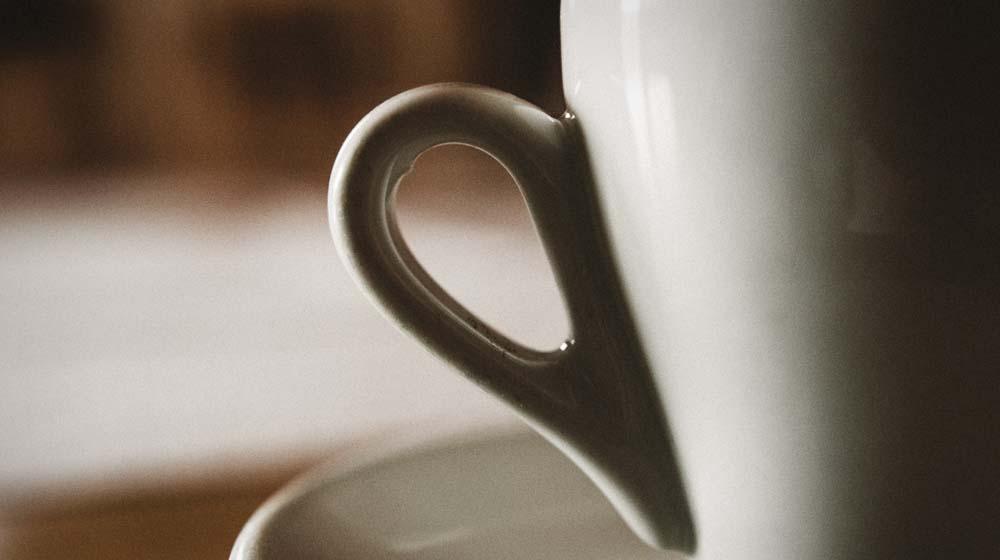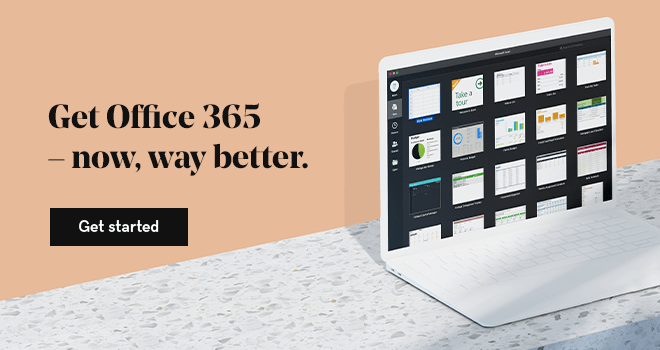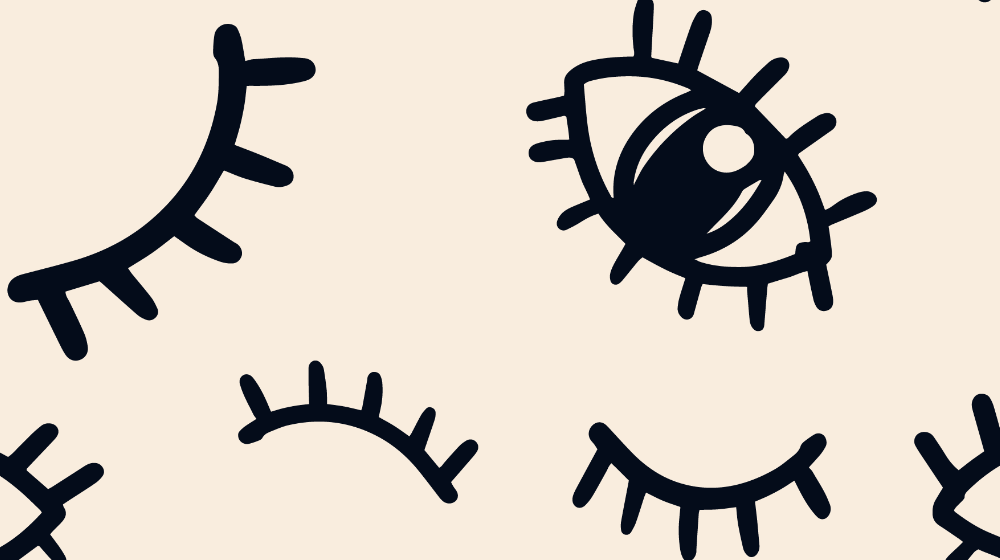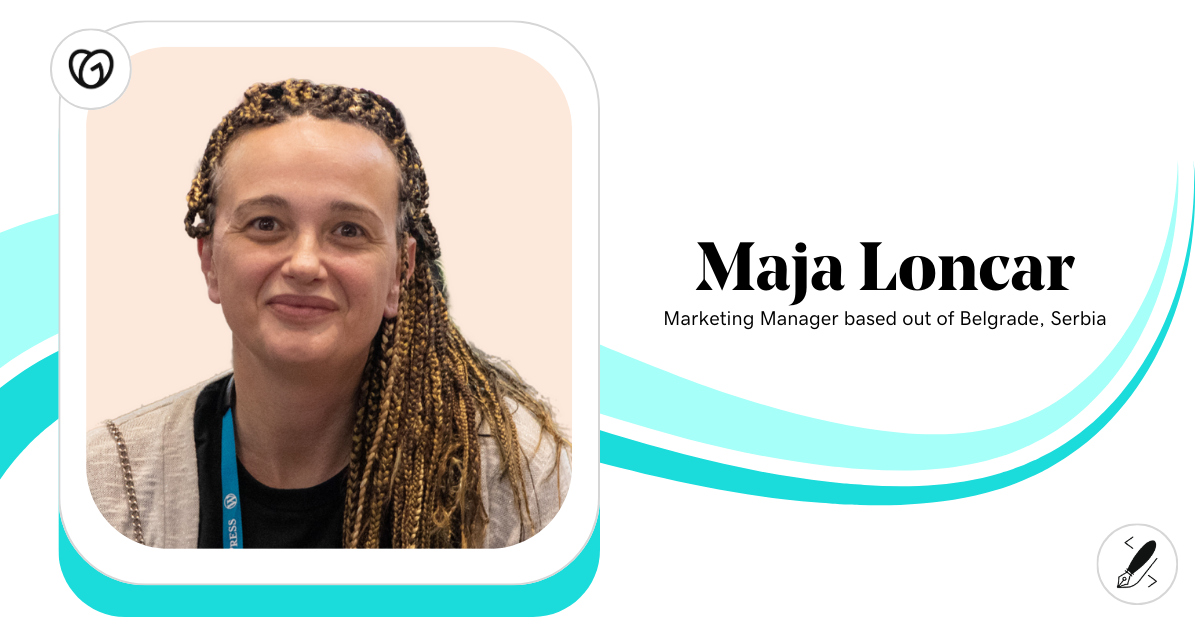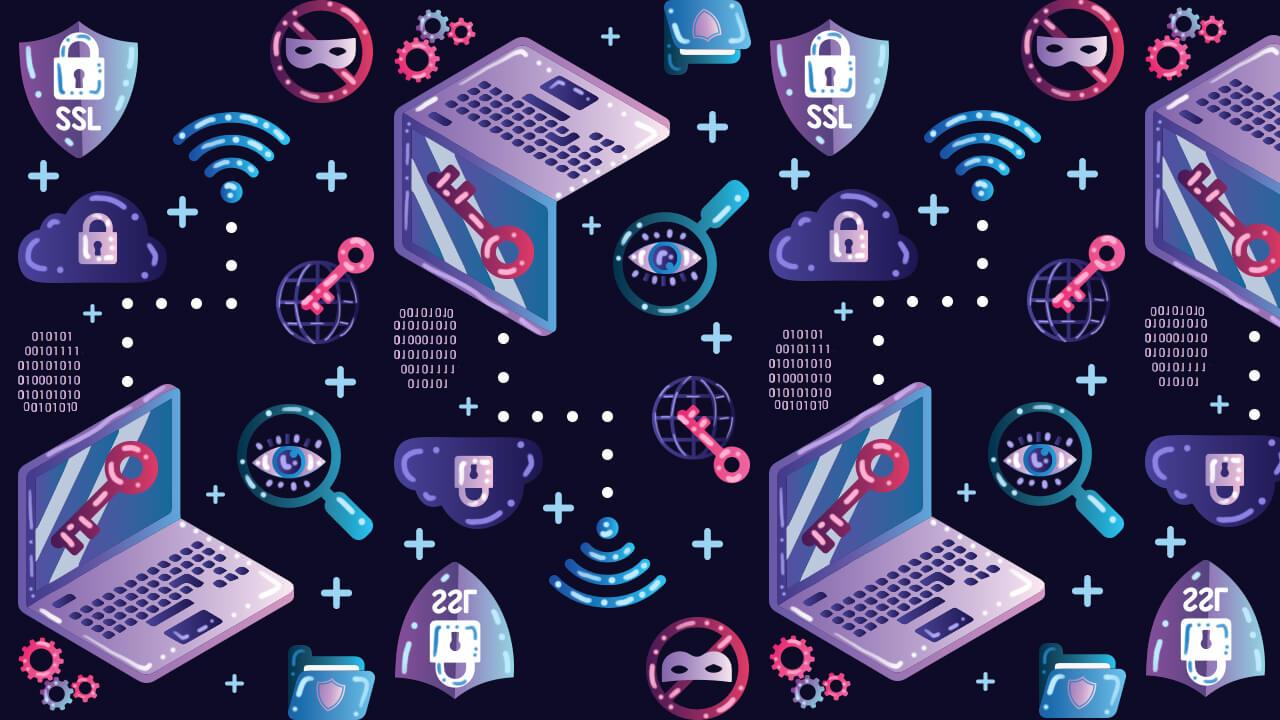Jonathan Levy (aka Zero Waste Guy) was headed back to L.A. after attending a family wedding, and his dad was behind the wheel, so Jonathan could chat about his career and life. After working for a decade in traditional supply chain management and operations, Jonathan says he was overwhelmed by the consumeristic nature of his job and its environmental impact.
That's what inspired him to get certified as a green building council TRUE advisor and become a zero-waste project manager.
For the past couple of years, Jonathan has overseen the transition of more than 2,000 businesses into the City of Los Angeles’ recycLA program. Through his team of zero-waste specialists, Jonathan helps the hauler he represents maintain compliance with city and state-mandated regulations.
Prior to doing environmental work, Jonathan was an engineer and supervisor for UPS and Target, where he learned the principles of process improvement and supply-chain optimization. This foundation was the basis of shifting his focus from traditional to circular supply chains.
Here, he opens up about the personal, the practical — and more.
20 questions with Zero Waste Guy Jonathan Levy
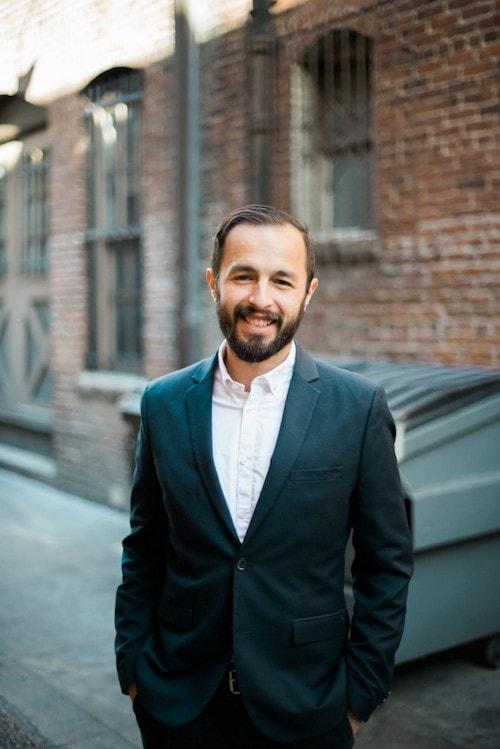
1. How was the wedding?
Great! There was a rabbi and a cantor, and it was a really nice event in the nicest community center I've ever seen.
2. Was it sustainable?
Yes, it was a very classy wedding so everything was re-usable.
3. What prompted you to become Zero Waste Guy?
In my past, I was an industrial engineer at UPS, where I was responsible for optimizing the flow of packages through a warehouse. There were 15 conveyor belts that could each distribute up to 3,000 packages per hour. Each belt must be as balanced as possible to avoid congestion that will impact the entire plant.
Additionally, I worked in operations in a 1.86 million-square-foot Target distribution center. I supervised the maintenance mechanics who were responsible for keeping the building up and running. We were responsible for both preventative and corrective maintenance for forklifts, pallet jacks, conveyor belts and motors, and the building in general.
4. Was there a certain moment that opened your eyes to waste?
I love solving supply-chain challenges to help systems and processes run more smoothly.
At Target, however, I felt overwhelmed by the consumer-istic nature of the job.
At nearly 2 million square feet, that one warehouse was responsible fulfilling about 75 retail stores. I wasn’t familiar with the term “zero waste,” but I knew that what I was doing didn’t necessarily align with my values.
5. How did you make your career change that aligned more with the value of a Zero Waste Guy?
By going to the end of the supply chain.
My thought was that I could analyze a business’s waste, then make recommendations for improvement further up the supply chain. I felt that the best way to have an environmental impact.
Going zero waste on a personal level also was a natural progression after working in waste.
It was common for friends and family members to ask me for ways to reduce waste in their lives, so starting a blog and Instagram account seemed like a good idea.
6. What do you do at work today?
I work for an environmental consulting company that focuses on municipal solid waste.
I use a combination of my experience with supply chain management and skills obtained as a TRUE Zero Waste Guy to help businesses implement programs to reduce waste.
I also manage a staff of seven zero-waste associates who work on a series of projects with waste haulers and government agencies on education, outreach and technical assistance at businesses.
We often seek out simple solutions, but there is nothing simple about waste.
I do my best to show my followers just how complex and gray it really is. I hope that I am influencing them to question the status quo of our super-consumeristic, let’s recycle our way out of our problems society.
7. Where does your work come from mainly?
Through municipal contracts. The state of California, where I live, sets statewide standards that get pushed down to each city or area. Each Local Enforcement Agency, as they are known, is responsible for reporting back progress on waste-reduction efforts — such as setting up food donation at a restaurant — back to the state.
8. What kinds of businesses do you consult for? I saw, for example, that you recently led a zero-waste sort of Buzzfeed's trash in Los Angeles.
The businesses that hire us directly for consulting tend to be large generators of waste.
Presently, we are helping a midsize grocery chain save money and get in compliance with regulations by expanding their recycling program, adding organics recycling, and setting up edible food recovery with local nonprofits.
9. What's one simple action a business owner can take today to reduce waste?
This really depends on the business, but most businesses have a break room where their employees can eat lunch, and unfortunately many of these rooms still provide their employees with disposable cups, utensils and plates for lunch.
Switching to durable reusables alternatives is a great way to get started reducing waste.
Editor’s note: Another way to conserve at work? Use digital tools that reduce the need for paper, like Microsoft Office 365.
10. Is that what you do in your own office?
Yes, we have filtered water to drink, water glasses, coffee mugs and utensils. People wash their dishes and everything can be re-used.
11. What does it mean to be a "TRUE Advisor"?
I have an 81-point checklist of steps a business can take to reduce their waste and potentially get certified through the Green Building Council.
For example, one of the basic steps is to think about something you do once and throw away, such as printing on paper.
I encourage my clients to print on the front and back of paper, or even better, to go electronically.
One of my clients used to print out routes for all drivers. They went through boxes of paper every single day. Now they're doing everything electronically and saving thousands of dollars.
12. What if a business tells you they don't have a lot of control of, say, about the packaging that shows up at their office?
Yes, this is also what I work on.
For example, let's say something shows up from a supplier and it's in shrinkwrap. A business might say they say they don't have control over this, but you can go to the provider and ask to switch to something reusable.
13. What do you wish you had more of in life?
Free time. Well, at least I wish I allocated more time for fun, like going on vacation. I took only one week off last year! What was I thinking?
14. What's your favorite food?
I love Mexican food, and specifically enjoy making enchiladas. It’s actually pretty straightforward to roast veggies like squash, mushroom and spinach, roll them into corn tortillas then top them with homemade tomato sauce and nutritional yeast for a cheesy essence. Most of the time, I eat plant-based meals.
15. What do you usually eat for breakfast?
I tend to go in phases and will go long periods where I make green drinks in the morning, but I don’t juice. Instead, I blend. I typically use kale as the base, add in chia and/or flax seeds for protein and fiber, then finish it off with whatever fruit I have available. I’m not a huge fan of kale, but seem to be able to eat lots of it when blended into drinks!
16. Who can’t you live without?
This might sound a little hokey, but I seriously can’t live without my local environmental community.
I started getting more involved in local politics when my city took up the idea of a Styrofoam ban.
From attending various community meetings and events, I learned that I am surrounded by people who share my values, it just took some time to discover them.
17. What can’t you live without?
Books. As much as I enjoy the internet and all that technology gives me, it is nice to hold a book in my hands. Watching the pages remaining get smaller and smaller motivates me to keep reading.
18. What are you reading right now?
I’ve been geeking out on vermicomposting.
I’m reading two books at the moment: The Worm Farmer’s Handbook, by Rhonda Sherman, and the last scientific book that Charles Darwin wrote, The Formation of Vegetable Moulds through the Action of Worms with Observations on their Habits.
19. What kind of toothbrush do you use?
Brush with Bamboo. I am friends with Brush with Bamboo, which is the first manufacturer of sustainable bamboo toothbrushes. They've done the best job at trying to source sustainable products.
20. Didn't you recently make a dating video with the folks from Brush with Bamboo, in which you hinted how you might have scared away a few women who were intimidated by the #zerowaste lifestyle?
Yes, they invited me to be in one of their videos. I must say, it was a lot of fun to make, and garnered a lot of positive feedback.
Thanks to the Zero Waste Guy, Jonathan Levy, for taking the time to talk about sustainability. Be sure to check out his website!
